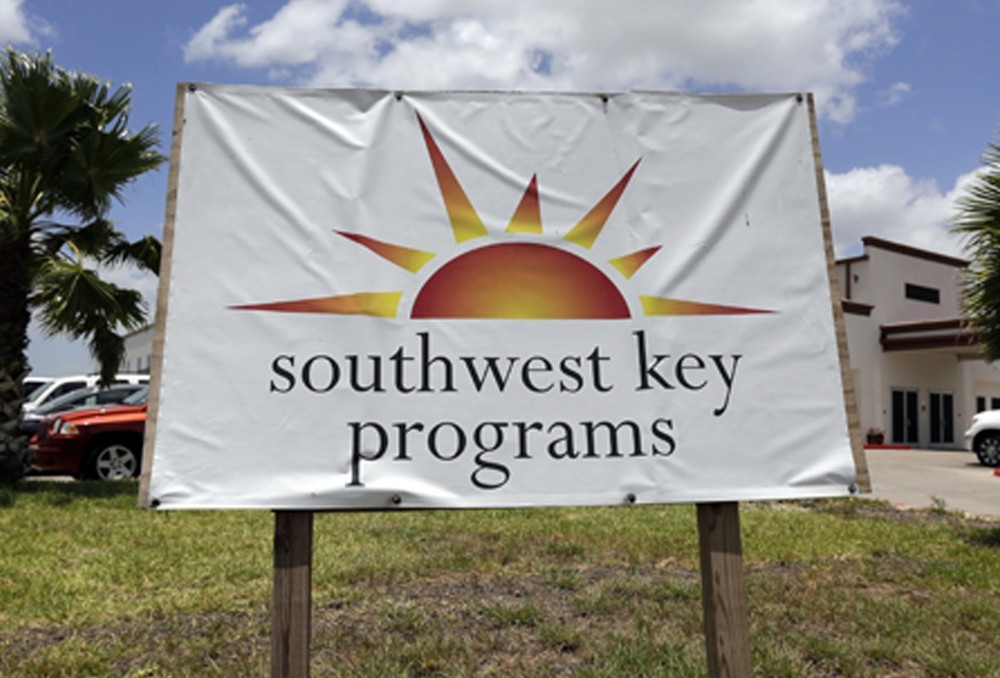21/07/2024
21/07/2024

MCALLEN, Texas, July 21, (AP): As allegations of sexual abuse built up at the largest housing provider for unaccompanied migrant children in the US, officials continued placing children in their care in a system that lacks adequate oversight, advocates say.
A lawsuit filed Wednesday by the Justice Department alleges employees of Southwest Key Programs Inc abused and harassed children in their care for at least eight years. During that time, the nonprofit organization amassed billions of dollars in government contracts and continued to house thousands of unaccompanied migrant children entering the US.
It remained unclear Friday how many children are currently in Southwest Key shelters, and federal officials did not respond to questions about whether any actions would be taken in response to the lawsuit. Critics say it reflects a system that has lacked accountability for years.
"The whole point of this complaint is that there’s this pattern and practice,” said Leecia Welch, deputy legal director at Children’s Rights. "If they’re bringing this complaint that they saw a pattern and practice of sexual harassment and violating these kids while still placing kids at Southwest Key during the same time period, that’s why I have such a disconnect.”
Southwest Key, which operates under grants from the US Department of Health and Human Services through the Office of Refugee Resettlement, has 29 child migrant shelters - 17 in Texas, 10 in Arizona and two in California - with room for more than 6,300 children.
The department did not respond to emailed requests for comment asking whether children will continue to be placed there. A Justice Department spokesperson declined to comment beyond the lawsuit announcement Thursday. Southwest Key did not respond to an additional emailed request for comment Friday.
"ORR continued to contract with Southwest Key despite knowing of some of these issues, so right now there isn’t in another place to put all these kids,” said Diane de Gramont, an attorney with the National Center for Youth Law. "And we would be extremely concerned if kids then ended up in border patrol facilities for longer periods of time because ORR didn’t have enough beds for them.”


